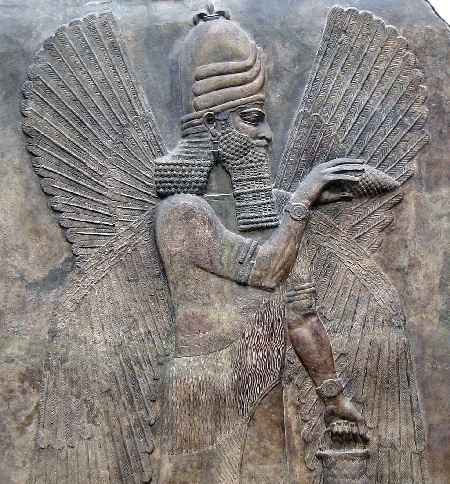sumerian

The Sumerians were an ancient civilization that emerged in the southern region of Mesopotamia, in what is now modern-day Iraq, around 4000 BCE. They are widely regarded as one of the earliest known civilizations in history. Sumerian society was characterized by its advanced urban centers, such as Uruk and Ur, which were among the world's first cities. The Sumerians made significant contributions to the development of civilization, including the invention of writing, known as cuneiform, which they used to record administrative, economic, and religious information on clay tablets. They also developed a sophisticated system of mathematics, including the concept of the 60-base numerical system and the division of the circle into 360 degrees. Sumerians were skilled artisans and craftsmen, producing pottery, metalwork, and textiles of exceptional quality. They also constructed monumental architecture, including ziggurats, temples, and palaces, which served as religious and administrative centers. Sumerian religion was polytheistic, with a pantheon of gods and goddesses worshipped in elaborate rituals and ceremonies. The Sumerians were highly influential in shaping the cultural and technological development of Mesopotamia, and their legacy continues to be felt in modern society.